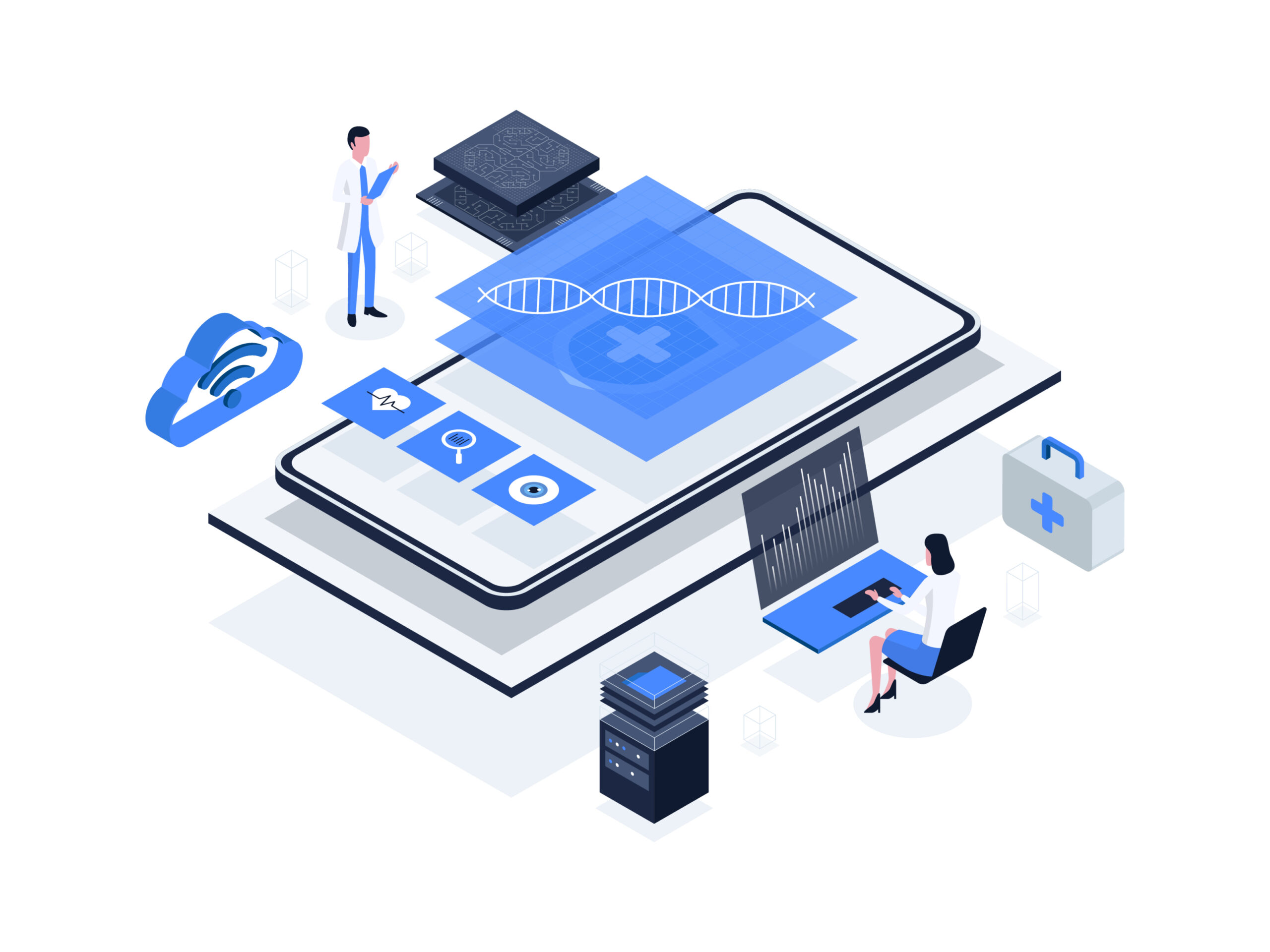by Clio Schils, VP, global life sciences
This is a provocative question that does not have a simple yes or no answer. AI in life sciences can be seen as a powerful tool that can enhance human capabilities and enable new discoveries, but it can also pose ethical, social, and practical challenges that need to be addressed with consideration and caution. . While calling it the best thing ever may be an exaggeration, AI represents a substantial and promising development deserving of close attention and scrutiny.
In my interactions with life sciences business partners, AI is always the number one topic on the agenda. How is AI being integrated into your company? What about ROI—is it already driving cost and timeline efficiencies? Are we moving towards a future where AI might replace not only linguists, but also medical writers or even clinicians in specific tasks? These discussions are both captivating and concerning. AI is rapidly permeating all facets of the highly regulated life sciences landscape. While it’s imperative to embrace this technological evolution, we must do so thoughtfully and cautiously, considering potential ethical and regulatory implications.
AI holds enormous promise in various facets of life sciences. For example:
- accelerating drug discovery and development: AI can identify novel compounds, predict properties and interactions, and optimize synthesis and delivery.
- improving diagnosis and treatment: AI analyzes vast datasets like medical images, genomic sequences, and electronic health records to offer personalized recommendations.
- boosting biomedical research and innovation: AI facilitates data sharing, collaboration, and automation of tasks and experiments, generating new insights and hypotheses.


However, behind the sunshine and rainbows, the use of AI in life sciences presents real challenges and critical risk. Consider, for example:
- ensuring safety, quality, and reliability: AI systems impacting human health must be rigorously tested for safety and quality.
- protecting privacy, security, and consent: Patient data used by AI must be safeguarded and compliant with privacy regulations.
- promoting fairness and transparency: AI decisions must be free from bias and discrimination, ensuring accountability.
balancing benefits and ethical considerations
How can we ensure that AI balances its benefits with the implications for society, economy, and the environment, all while aligning with ethical principles and human rights?
As a full-service solution provider, which exclusively focuses on life sciences and healthcare, our team at CQ fluency fully acknowledges the potential opportunities and importance of implementing AI for the benefit of our biopharmaceutical, medical device, and other customers. We continue to collaborate with our customers, utilizing a risk-based approach and drawing insights from a rapidly growing portfolio of use cases.
Artificial intelligence is increasingly being used for life sciences translations, such as clinical trials, patient-facing content, medical and scientific literature, and health information. AI does offer speed and cost-effectiveness, sometimes even surpassing human translators. However, ensuring the quality and reliability of translations, protecting patient privacy, and respecting cultural diversity remain paramount concerns.
addressing three ethical challenges
In the realm of AI-powered life sciences translation, we encounter three significant ethical challenges that demand careful consideration.
-
First and foremost is the critical need to ensure the quality and reliability of medical translations. Medical translation is a high-stakes domain, where the preservation of intended meaning is paramount and inaccuracies can have grave consequences for the health and well-being of the patients. For instance, a mistranslation of a dosage, a symptom, or a diagnosis can result in misdiagnosis, adverse reactions, or even death. Therefore, AI systems used for medical translation must be capable of producing high-quality and reliable translations that are consistent, accurate, and complete, and programmed to manage the complexity, ambiguity, and variability of the medical language and terminology.
-
Another crucial challenge lies in safeguarding the privacy and confidentiality of patients and medical professionals whose personal and sensitive data are processed by AI systems. Medical data, including patient records, clinical trials, and medical literature, often contains information that can identify individuals or reveal sensitive health details. This data is subject to legal and ethical obligations of confidentiality and consent. It is imperative that the AI systems used for medical translation are able to protect the privacy and confidentiality of the medical data, and that they are able to comply with the relevant laws and regulations, such as the HIPAA in the US or the GDPR in the EU, that govern the collection, storage, use, and disclosure of personal and sensitive data.
- Lastly, respecting the cultural and linguistic diversity of target audiences presents a complex ethical and regulatory challenge. Target audiences may have varying values, preferences, and cultural biases that significantly influence the translation of medical content. Medical translation is not only a matter of transferring information from one language to another, but also a matter of adapting the information to the cultural and linguistic context of the target audience, such as their values, beliefs, norms, or practices. For example, a translation of a medical term, a concept, or a procedure may need to consider the level of formality, politeness, or technicality of the target language, or the availability, acceptability, or appropriateness of the equivalent term, concept, or procedure in the target culture. AI systems used for life sciences translations must be designed to respect this diversity, providing translations that are not only accurate but also relevant, coherent, respectful, and resonant with the intended target population.
However, navigating cultural biases inherent in AI poses additional challenges. AI technologies, while promising, can inadvertently perpetuate biases present in their training data. For instance, AI systems may associate specific medical symptoms with cultural practices rather than considering valid medical explanations, potentially leading to misdiagnoses or underrepresentation of certain demographics in healthcare contexts. Understanding and addressing these biases is essential for deploying AI technologies responsibly in life sciences and healthcare settings.
